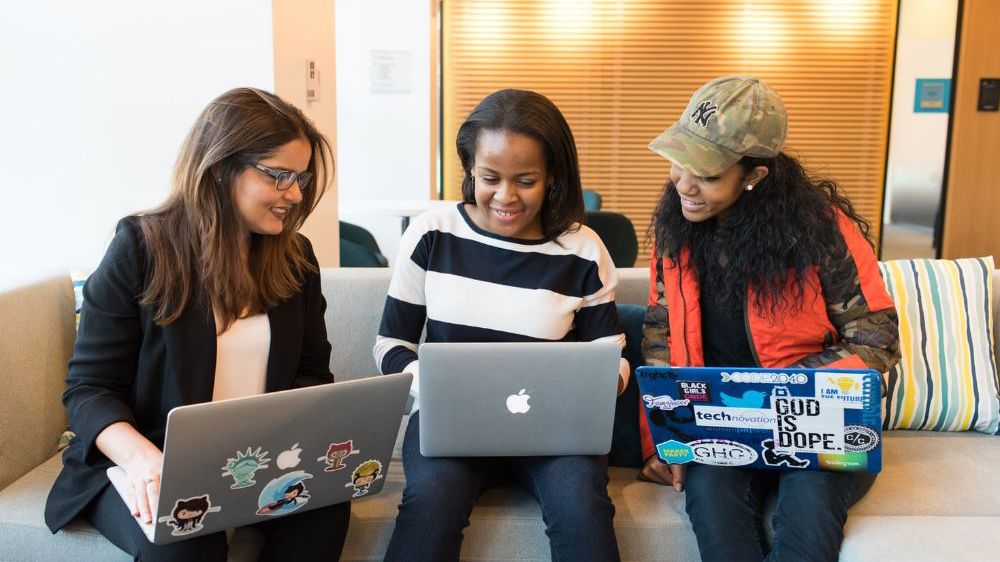The project was developed by Professor Pia Lane and Professor Unn Røyneland in close collaboration with Professor II at MultiLing, Alastair Pennycook (University of Technology Sydney, Australia).
Subprojects
- Family language policies among Brazilian immigrants in Scandinavia (PhD project)
- Language policy in Norwegian academia (PhD project)
- Embodied Sociolinguistics through Yoga in a Globalized World (postdoctoral project)
- Language Education and Social Justice in Multilingual Contexts (postdoctoral project)
About the project
Contemporary Norway is a multilingual country, including historical multilingualism with Sámi, Kven, Romanes and Romani, as well as Norwegian Sign Language; two written norms for Norwegian — Nynorsk, Bokmål; the immense dialect diversity; the comprehension of Danish and Swedish; fairly good command of English; and many linguistic minorities, both old and new groups of people.
Norway thus constitutes an outstanding “laboratory” for research on language, and social encounters and linguistic developments in contact zones (cf. Svendsen 2010).
The focus of this project is the role of English and other languages in Norway’s contemporary multilingual landscape. In order to understand globalization, migration and changing social and economic conditions we need to focus not only on English but also on the complexity of interlocking languages in any context.
The global spread of English has been analysed and discusses in a range of publications, addressing issues such as whether this spread of English should be seen as linguistic imperialism (homogeneity) or rather linguistic hybridity (heterogeny). Pennycook (2015) suggests that rather seeing these as different and opposing processes, we should investigate the complex interactions between global and local forces.
Aim of the project
The aim of the project "Multilingualism and Globalization — Perspectives from Norway" is to investigate the cultural politics of English as an international language, with a particular emphasis on the situation in Norway by investigating the role of English in for example:
-
everyday communication among youth and young adults, where English plays a particular role in the creative production of new vernaculars;
-
intra-Scandinavian communication, which has been shifting from mutual intelligibility across Scandinavian languages to the use of English;
-
language practices in complex urban spaces;
-
cross-border interactions with Sámis in Russia, Finland and Sweden, where English, Sámi and other languages become important means of communication;
-
academic institutions and multinational companies where English is a dominant language of business and interaction in the workplace;
-
workplaces such as construction sites and fisheries, where employment of a diverse labour force has major linguistic implications.
Financing
"Multilingualism and Globalization: Perspectives from Norway" is one of the projects made possible by the University of Oslo's funding for five world-leading research communities. MultiLing was selected as one of these research communities.
Read more about MultiLing as a world-leading research community
Duration
5 years
Background
Over the last decades Norway has become a highly multilingual society, yet skills in different languages are given very different values, with knowledge of English or other widely used languages often highly rated while other language skills are seen as being of little or no value. Within diverse contexts, therefore, different language practices gain different value in relation to the language, speaker or tasks social actors engage in.
Many workplaces often are highly multilingual as the employees have diverse backgrounds, and some types of linguistics skills, such as knowledge of English or other lingua francas, may be valorised, whereas other skills and competences may be seen as useless. Thus, language skills may be valorised or devalorised in contemporary workplaces. Pennycook and Otsuji (2015:16) suggest the concept ‘metrolingualism’ as a tool for investigating the complex urban spaces where new identities are negotiated and produced:
"By metrolingualism, then, we refer not so much to state-centric descriptions of diversity, but rather to local accounts of multiplicity, grounded accounts of language users, where multilingualism is not merely a plurality of languages but rather a creative space of language making, where rules and boundaries are crossed and changed."
Such processes and practices also characterise more rural multilingual contexts, such as areas in Northern Norway that have been linguistically diverse for centuries and where there now is cross-border contact, trade and migration between Norway, Sweden, Finland and Russia.
An analysis of Linguistic Landscapes in this region show that English is an important language for the tourism industry (Pietikäinen, Lane, Salo and Laihiala-Kankainen 2011), and local languages other than Norwegian, such as Kven and Sámi, are used to varying degrees.
Northern Sámi is the largest Sámi language in Norway, and is also used for cross-border interactions with Sámis in Russia and Finland. Not all Sámis speak or write Sámi, so local language practices are complex and negotiated — knowledge of languages with a global scope such as English and Sámi are valorised, whereas national languages may be less important.
Thus, there seems to be a reorientation away from the national to foregrounding the role of the region.
References
- Pennycook and Otsuji (2015). Metrolingualism: Language in the city. London: Routledge
- Pietikäinen, Lane, Salo and Laihiala-Kankainen (2011). Frozen actions in arctic linguistic landscape: A nexus analysis of language processes in visual space. International Journal of Multilingualism 8(4), 277–298
- Svendsen , B. A. 2010. Linguistic practices in multilingual urban contexts in Norway: An overview. In: P. Quist & B. A. Svendsen (eds.). Multilingual Urban Scandinavia. Clevedon: Multilingual Matters
